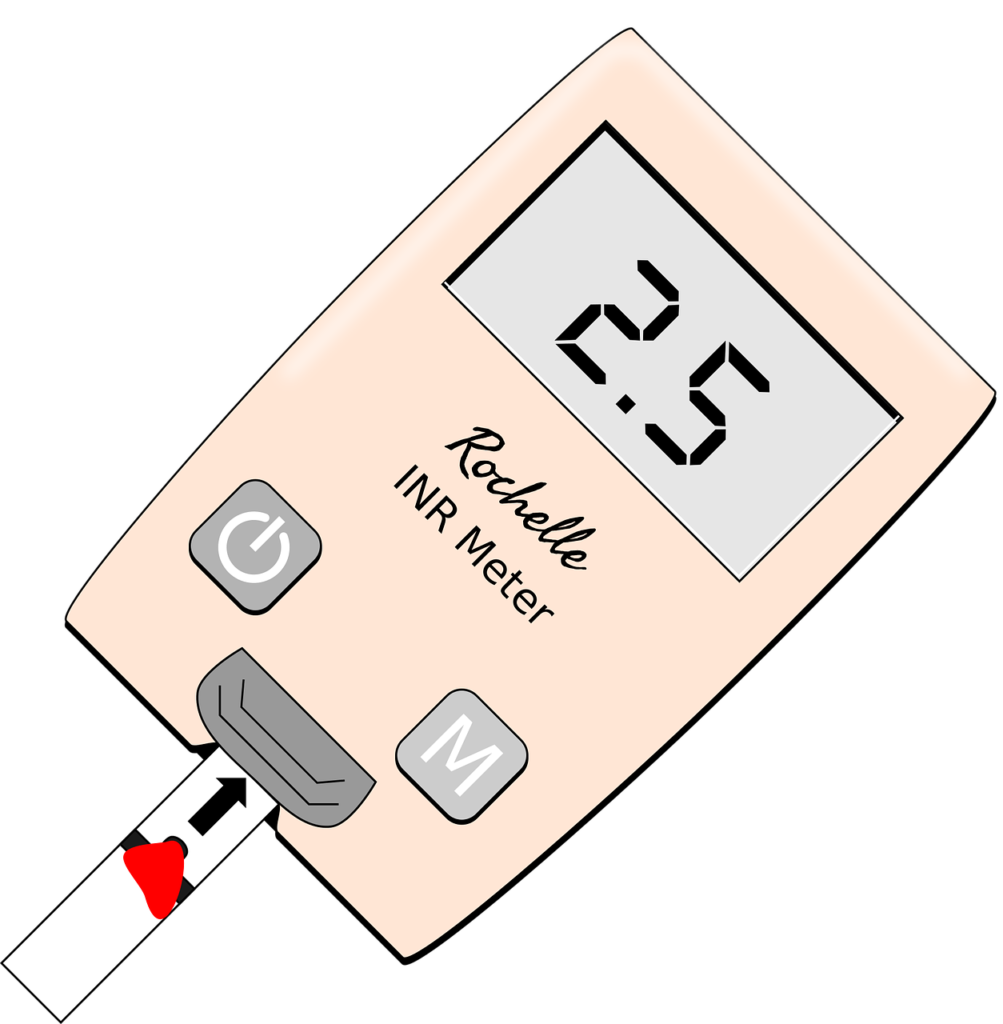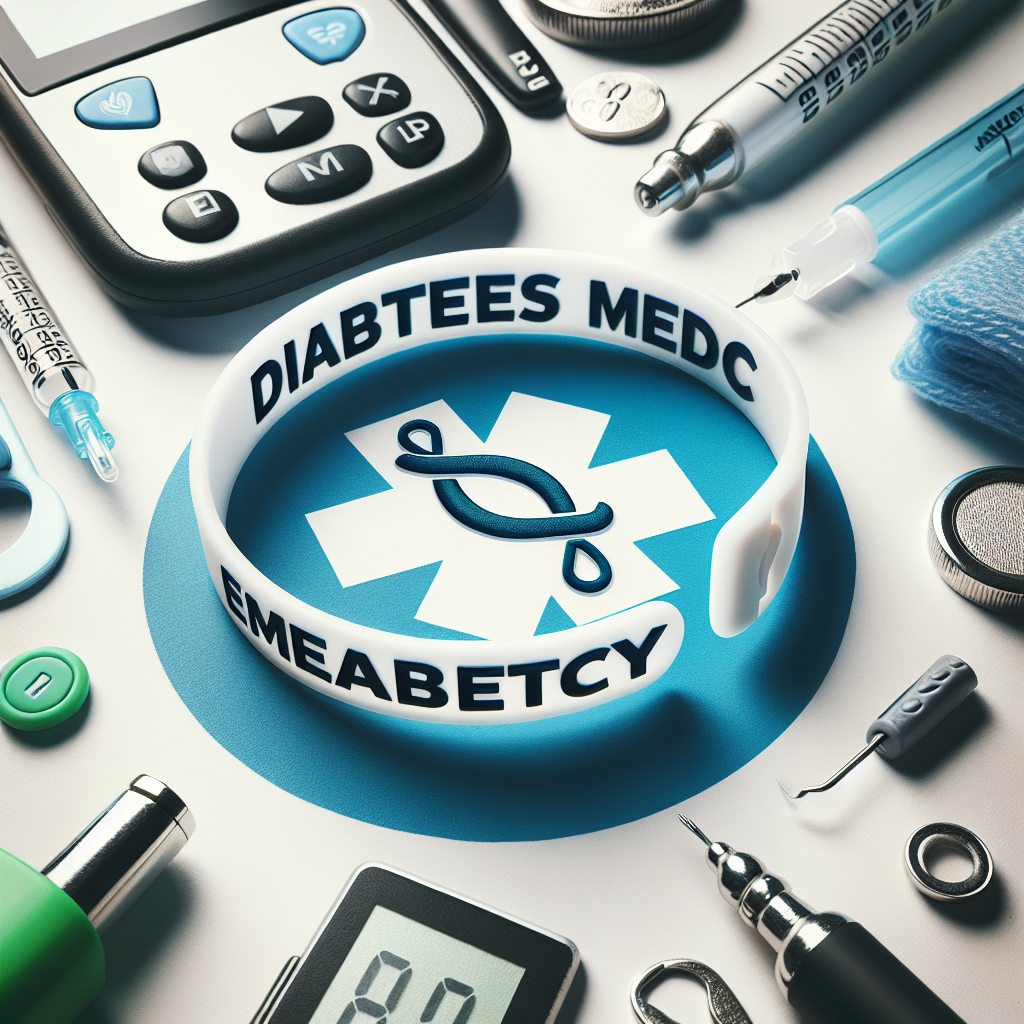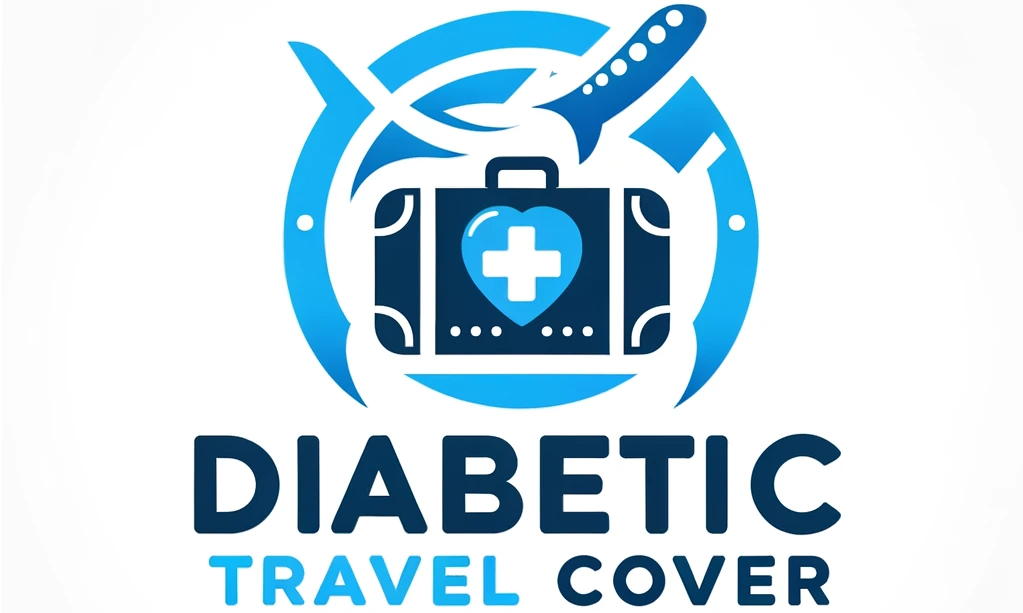In the world of Type 2 diabetes, managing your health is paramount. With the multitude of potential complications that can arise, it’s crucial to stay prepared for any unforeseen emergencies. But do you really need a medical ID? This article will explore the importance of having a medical ID for Type 2 diabetics, shedding light on the need for this simple yet potentially life-saving accessory.

Why is a Medical ID Important for Type 2 Diabetics?
The Importance of Medical ID in Emergency Situations
Having a medical ID is of paramount importance for individuals with Type 2 diabetes. In emergency situations where you may not be able to communicate or provide necessary details about your condition, a medical ID serves as a crucial lifeline for healthcare professionals. It immediately alerts first responders and medical personnel to the fact that you have diabetes, allowing them to quickly initiate the appropriate treatment and avoid potential complications.
Communicating Critical Information
A medical ID provides vital information about your medical condition, ensuring that important details are not overlooked or misunderstood by healthcare providers. By wearing a medical ID, you are effectively communicating your diagnosis, which can include your specific type of diabetes and any related complications to the medical team. This enables them to make more accurate and timely decisions regarding your care.
Avoiding Misdiagnosis or Delayed Treatment
In emergency situations, time is of the essence. Misdiagnosis or delayed treatment can lead to serious medical complications for individuals with Type 2 diabetes. By wearing a medical ID that clearly states your condition, medical professionals can quickly assess your situation, administer appropriate treatment, and avoid the risk of mistaking your symptoms for another condition. This helps ensure that you receive the most appropriate care in a timely manner.
What Information Should be Included in the Medical ID?
Personal Information
Your medical ID should include essential personal information such as your name, date of birth, and any pertinent identifying details. This ensures that healthcare professionals can quickly and accurately identify you, especially if you are unable to provide this information yourself.
Type of Diabetes
It is crucial to specify the type of diabetes you have on your medical ID. For Type 2 diabetics, this information is essential as it helps healthcare providers understand the specific nuances of your condition. It allows them to tailor their treatment approach accordingly, ensuring you receive the most appropriate care.
Emergency Contact Information
Including emergency contact information on your medical ID is critical in case of an emergency. It allows healthcare professionals to quickly reach out to your designated contacts and provide them with important updates about your condition.
Medication and Allergies
Listing your medications and any known allergies on your medical ID is crucial information for healthcare providers. This allows them to make informed decisions about your care and helps prevent any potential adverse reactions or complications.
Medical Conditions
In addition to diabetes, it is important to include any other significant medical conditions or complications that may impact your care. This ensures that healthcare providers have a comprehensive understanding of your overall health and are able to provide appropriate treatment.
Types of Medical IDs for Type 2 Diabetics
Traditional Medical ID Bracelets
Traditional medical ID bracelets are a popular choice among Type 2 diabetics. They are available in various styles and materials, such as stainless steel, silicone, or leather. These bracelets typically feature an engraved plate with the necessary medical information, providing a durable and easily visible form of identification.
Medical ID Necklaces
Similar to bracelets, medical ID necklaces offer a convenient and highly visible way to communicate your medical information. They are often worn around the neck and can be customized to suit your personal style. Like bracelets, they can be made from materials such as stainless steel or sterling silver, with an engraved pendant displaying your medical details.
Medical ID Cards
Medical ID cards are compact and easily portable, making them a practical choice for Type 2 diabetics. These cards contain important medical information that can be easily accessed by healthcare providers in emergency situations. They are typically carried in a wallet or purse, ensuring that your medical information is always readily available.
Medical ID Apps
With the advent of technology, medical ID apps have become increasingly popular among individuals with Type 2 diabetes. These apps allow you to store all your medical information on your smartphone, which can then be accessed by healthcare providers in emergencies. Some apps even have features such as location tracking and emergency contact notifications, providing an added layer of safety.
Considerations when Choosing a Medical ID
Visibility and Accessibility
When choosing a medical ID, prioritize options that are easily visible and accessible to healthcare providers. Bracelets, necklaces, or cards that are brightly colored and prominently display your medical information ensure that they can quickly and accurately identify your condition.
Comfort and Style
Select a medical ID that is comfortable to wear on a daily basis. Consider your personal style and preferences when choosing the design and materials. Finding a medical ID that matches your taste can increase the likelihood of wearing it consistently.
Water Resistance
For individuals leading an active lifestyle, water resistance is an essential feature to consider when selecting a medical ID. Ensure that the chosen ID can withstand exposure to water, allowing it to stay intact and visible during physical activities or in case of accidental submersion.
Durability
Medical IDs must be able to withstand the rigors of everyday wear. Look for options that are durable and resistant to scratches or damage, ensuring that the vital information remains legible for the long term.
Affordability
Consider the cost of the medical ID, keeping in mind your budget and personal financial situation. Fortunately, there are various affordable options available, allowing you to prioritize your health and safety without breaking the bank.

Benefits of Wearing a Medical ID
Prompt Medical Care in Emergencies
Wearing a medical ID significantly reduces the time it takes for you to receive appropriate medical care during emergencies. By immediately alerting healthcare professionals to your diabetes diagnosis and providing critical information, a medical ID can potentially save precious minutes or even seconds that can be crucial in high-stress situations.
Communication for Non-Verbal Individuals
For individuals who may have difficulty communicating or are non-verbal, a medical ID acts as a vital tool for relaying their medical condition to healthcare providers. It ensures that they receive the necessary care while minimizing the risk of misinterpretation or confusion.
Avoiding Medical Errors
A medical ID helps prevent potential medical errors, such as allergic reactions to medications or misdiagnosis due to symptom overlap with other conditions. By having accurate and up-to-date information readily available, healthcare providers can make informed decisions and provide appropriate treatment without unnecessary delays or complications.
Peace of Mind for Loved Ones
Wearing a medical ID provides peace of mind and reassurance to your loved ones. Knowing that you have taken measures to ensure your safety and well-being in emergency situations can alleviate their concerns and give them confidence that you are equipped to handle unforeseen circumstances.
Common Concerns and Misconceptions
Privacy Concerns
Some individuals may have concerns about their privacy when wearing a medical ID. However, it is important to remember that medical IDs only contain necessary information to ensure your safety and provide appropriate care. Rest assured that healthcare providers are bound by strict confidentiality rules and will only access the information when necessary for your well-being.
Fear of Stigmatization
There is sometimes a fear of being stigmatized or judged by others when wearing a medical ID. However, it is essential to prioritize your health and safety over any perceived social discomfort. Remember that a medical ID serves as a symbol of empowerment and responsibility rather than a reflection of your identity.
Misunderstanding of Type 2 Diabetes
Misunderstandings about Type 2 diabetes can sometimes lead to resistance or dismissiveness towards wearing medical IDs. It is important to educate others about the specific challenges and risks associated with Type 2 diabetes, emphasizing the importance of a medical ID in ensuring prompt and appropriate care.
Resistance to Medical IDs
Some individuals may resist wearing a medical ID due to personal beliefs or simply because they feel it is unnecessary. However, it is crucial to consider the potential life-saving benefits of wearing one. By prioritizing your health and well-being, you are taking an important step towards ensuring your safety in emergency situations.

When to Wear a Medical ID?
Everyday Wear
It is recommended to wear your medical ID at all times, including during your everyday activities. Emergencies can happen at any moment, and having your medical information immediately accessible is crucial for prompt and appropriate care.
During Physical Activities
Engaging in physical activities, such as exercising or participating in sports, may increase the risk of emergencies for Type 2 diabetics. Wearing a medical ID during these activities ensures that healthcare providers are aware of your condition even in high-intensity situations.
When Traveling
Traveling, especially to unfamiliar places, may present additional challenges in accessing medical care. Wearing a medical ID during your travels can ease communication barriers and empower healthcare providers to provide timely and appropriate treatment, regardless of your location.
In High-Risk Situations
Certain situations, such as extreme weather conditions or hazardous environments, can increase the risk of emergencies. Wearing a medical ID in these high-risk situations ensures that healthcare providers are aware of your diabetes and can take appropriate precautions or treatment measures.
Discussing the Medical ID with Healthcare Providers
Informing Your Healthcare Team
It is important to inform your healthcare team about your decision to wear a medical ID. Discussing it during your regular check-ups or appointments allows your healthcare providers to understand your intentions and provide guidance on any specific details or recommendations.
Integrating the Medical ID into Your Care Plan
Including your medical ID as part of your overall care plan ensures seamless integration and consistent communication. Discuss with your healthcare team how your medical ID can complement your treatment and emergency preparedness strategies, ensuring a comprehensive approach to your diabetes management.

Notable Medical ID Suppliers and Resources
Company A
Company A offers a wide range of medical ID bracelets, necklaces, and cards specifically designed for individuals with Type 2 diabetes. Their products are known for their high-quality materials, durability, and clear engraving, ensuring that your medical information is easily accessible when needed.
Company B
Company B specializes in medical ID apps that can be downloaded onto your smartphone. Their user-friendly interface and comprehensive features make it easy to store your medical information securely and share it with healthcare professionals in emergency situations. Their app also provides additional safety features such as location tracking and emergency contact notifications.
Online Resources and Support Groups
There are numerous online resources and support groups available for individuals with Type 2 diabetes seeking guidance on medical ID options and recommendations. These platforms provide valuable information, reviews, and personal experiences that can help inform your decision-making process.
Professional Organizations
Professional organizations such as the American Diabetes Association and the Juvenile Diabetes Research Foundation can serve as a valuable resource for information on medical IDs. They may offer guidance, recommendations, and even partnerships with reputable medical ID suppliers, ensuring you have access to reliable and trusted options.
Conclusion
Wearing a medical ID is essential for individuals with Type 2 diabetes. Not only does it provide critical information to healthcare professionals in emergency situations, but it also helps prevent misdiagnosis, facilitates effective communication, and ensures prompt medical care. By considering the type of medical ID, necessary information to include, and personal preferences, individuals with Type 2 diabetes can prioritize their health, safety, and peace of mind. With a wide range of options and resources available, finding the perfect medical ID becomes an empowering step towards living a safer and healthier life.

